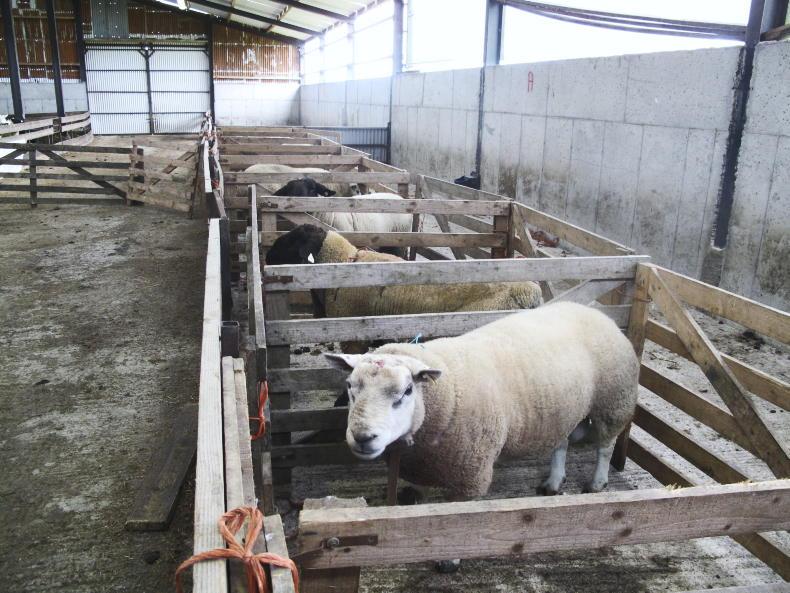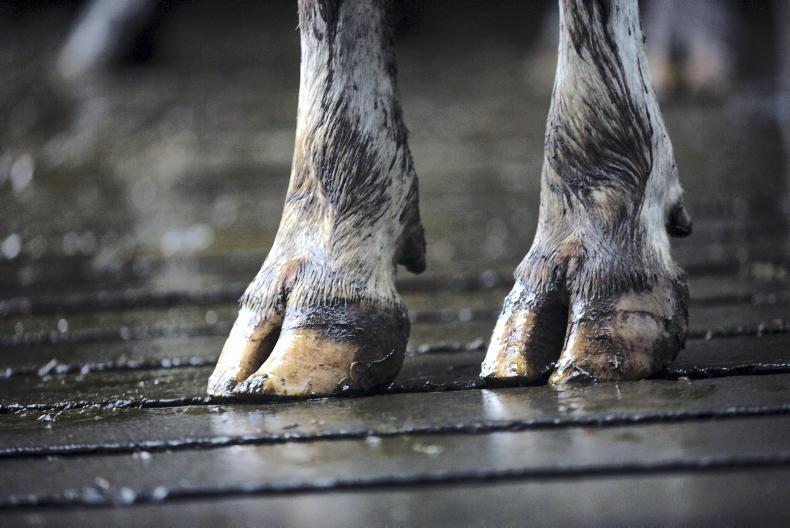The regional veterinary laboratories are urging farmers to ensure that they submit deformed calves and lambs for testing for Schmallenberg virus this spring.
This is in order to increase the intensity and sensitivity of surveillance for both Schmallenberg virus and the potentially more impactful bluetongue virus.
Both viruses can result in the birth of deformed offspring.
Bluetongue can cause a wide spectrum of clinical presentations and it would risk causing significant animal welfare impacts, as well as trade challenges, if it became established here.
Several cases of Schmallenberg have been confirmed this year and, to date, birth deformities associated with the virus have been confirmed in counties Galway, Offaly and Cavan in early lambing sheep flocks.
This follows the detection of the virus in several investigations into milk drop and diarrhoea in herds across the country in the summer and autumn of 2024, which indicated virus circulation.
Detections
A total of 12 cattle herds and 10 sheep flocks tested positive for Schmallenberg in 2024, data from the Department of Agriculture shows.
Of the 12 cattle herds, 15 animals tested positive for the virus, which is associated with fever, milk drop and diarrhoea, as well as abortion and deformed foetuses.
Last year, 384 cattle from 221 herds were tested for the disease. Some 84 sheep from 61 herds were tested. Of this number, 10 sheep in 10 flocks tested positive.
Schmallenberg is a midge-borne virus that can cause birth deformities in lambs and calves.
It was first recognised in Germany and the Netherlands during the summer of 2011. The first case was detected in Ireland in October 2012.










SHARING OPTIONS